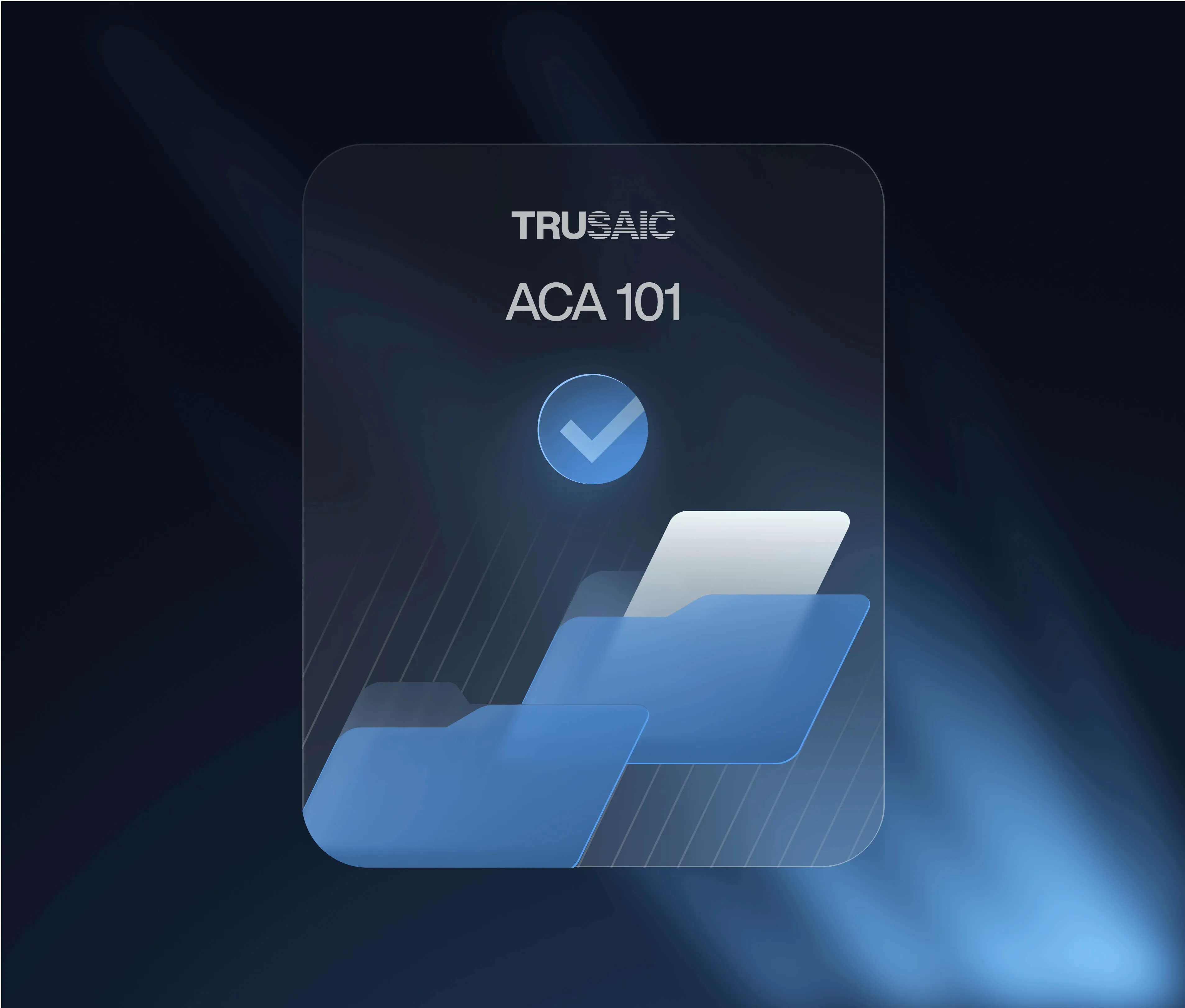To accurately gauge where a federal agency is heading in the wake of a new presidential administration, a good place to start is with the resumes of newly appointed agency heads.
In the case of the Office of Contract Compliance Programs’ (OFCCP) newest Director, Jenny R. Yang, a lot can be gleaned concerning the future of the agency charged with enforcing equal opportunity laws in the federal contracting process. From Ms. Yang’s biography, as well as recent comments on policy priorities, federal contractors and subcontractors should prepare for pay discrimination enforcement to be a high priority for the OFCCP.
Prior to her appointment as Director of the OFCCP, Ms. Yang had a long career in public service, with a particular emphasis on anti-discrimination enforcement. From 2013-2018, she served as Chair, Vice-Chair, and Commissioner of the U.S. Equal Employment Opportunity Commission (EEOC), where she prioritized tackling “systemic discrimination, including enhancing the EEOC’s annual data collection to include employer reporting of pay data.” Many employers will remember the EEO-1 Component 2 pay data reporting obligation that was promulgated by the EEOC during Ms. Yang’s tenure and ordered into effect by a federal judge in 2019. As she told HR Dive in 2017, “We thought it was really important to get better data to help us better address pay discrimination. It was one of the hardest areas for us to make progress in because we didn’t have that data.”
Ms. Yang’s policy agenda is already taking shape. OFCCP recently posted a landing page for an “Affirmative Action Plan Verification Interface.” The landing page reads only “Coming Soon,” and, cryptically, “Affirmative Action Plan Verification Interface (AAVI) is a secure web-based interface created to improve communication and the transfer of Affirmative Action Plan data, between Federal Contractors and the Office of Federal Contract Compliance Programs.”
Further, in March, as discussed by Direct Employers Association, the OFCCP removed upcoming audits for certain contractors for the first time ever. The Direct Employers Association called this a “masterstroke” on the part of Ms. Yang, in part because it will allow her agency to utilize its finite resources more strategically in pursuit of her policy preferences. Contractors can expect these resources to be shuffled toward anti-pay discrimination efforts.
In a time of significant change, the best approach is a proactive one. In March 2021, Ms. Yang told Bloomberg Law in an exclusive interview that “I can tell you that I’m very committed to working to close the existing racial and gender pay gaps. We haven’t made any decisions yet on our approach but we are looking very carefully at our authorities.”
Experts recommend undergoing a proactive pay equity audit in order to better prepare your organization, including for when OFCCP’s efforts are fully ramped up and optimized. Such an analysis will help your business understand what your company is doing right, and where it can improve before employee complaints, lawsuits, or regulatory issues arise.









